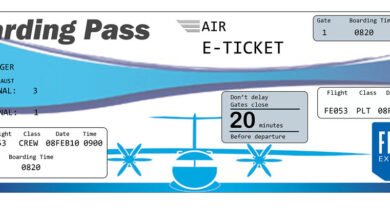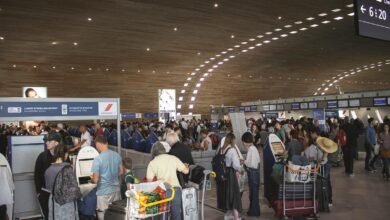Difference Between Layover, Stopover, and Transit

When planning international travel, you may come across terms like layover, stopover, and transit. While they may sound similar, each term has a specific meaning in the travel world. Understanding these differences can help you plan your trip smoothly and avoid confusion at airports.
1. Layover
A layover refers to a short stop between connecting flights, usually lasting less than 24 hours for international flights and less than 4 hours for domestic flights. Passengers generally stay inside the airport during a layover and do not need a visa unless they want to exit the airport.
Example:
If you are flying from Lahore to New York via Doha, and your connecting flight departs after 5 hours, that’s a layover.
2. Stopover
A stopover is a longer connection between flights — more than 24 hours for international flights (or more than 4 hours for domestic flights). Travelers may leave the airport and explore the city during this time, which may require a transit or tourist visa depending on the country’s rules.
Example:
If your flight from Karachi to London has a 2-day break in Istanbul, it’s considered a stopover.
3. Transit
Transit means passing through a country on your way to another destination. This can include both layovers and stopovers, but the main purpose is just to reach your final destination without staying permanently in the transit country.
Example:
If you are traveling from Pakistan to Canada with a connecting flight in Dubai, Dubai becomes your transit country.
Key Differences
| Term | Duration | Visa Requirement | Purpose |
|---|---|---|---|
| Layover | Short (under 24 hours) | Not usually, unless exiting airport | Flight connection |
| Stopover | Long (over 24 hours) | Sometimes required | Extended break between flights |
| Transit | Varies | May require transit visa | Passing through a country en route to another |
Final Tip:
Always check your airline ticket details and the visa rules of your transit country before traveling. This ensures a smooth journey without unexpected delays or extra costs.



